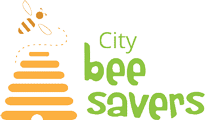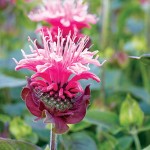YES, you can!
It’s true honey bees and other pollinators are having a difficult time, but it’s also true you can do something about it. It isn’t difficult – in fact, it can be fun and rewarding.
There are a growing number of people willing and eager to help in this struggle. There are three primary stresses affecting the bees: new class of chemicals, the Varroa mite, and the loss of habitat. There are also three types of people needed to combat these problems: legislators, beekeepers/scientists, and you.
Why the future looks promising:
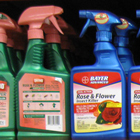
The NEONICS, a new class of chemicals, are becoming outlawed or challenged in much of the world, as lawmakers and concerned people realize we need to balance with nature when designing methods for farming production. You can help at home by being aware of these chemicals sold in your local stores and avoid them. The following website is a great resource for products we want to avoid: Neonics in Products
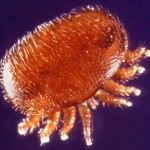
The MITE is the biggest threat to honey bees because they weaken the bee physically and spread diseases and viruses from hive to hive. Beekeepers are responding with new and innovative practices to battle this parasite. Scientists and researchers are busy developing honey bees that will resist these mites without our intervention. Fortunately, more and more information is becoming available about this pest. Get started learning about this parasite at the following website: Varroa Mite
Every homeowner, community garden member, or balcony potted plant owner can help the honey bees over come their struggle when it comes to HABITAT LOSS. There are a host of bee- and butterfly-friendly plants everyone can grow. Some of the best plants are indigenous to your area and bloom all summer. For a simple list of plants and flowers with pictures, check out the following website: Planting for Pollinators. If you want a more comprehensive list, NASA has put together a nifty chart to follow: Plants for Our Region
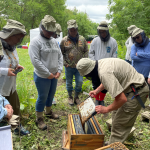
Another way you can help? Become a Bee Buddy and sponsor your own beehive. Learn more about this unique new program that pays dividends in honey, while helping support the development of the Illinois Honey Bee currently in process.
